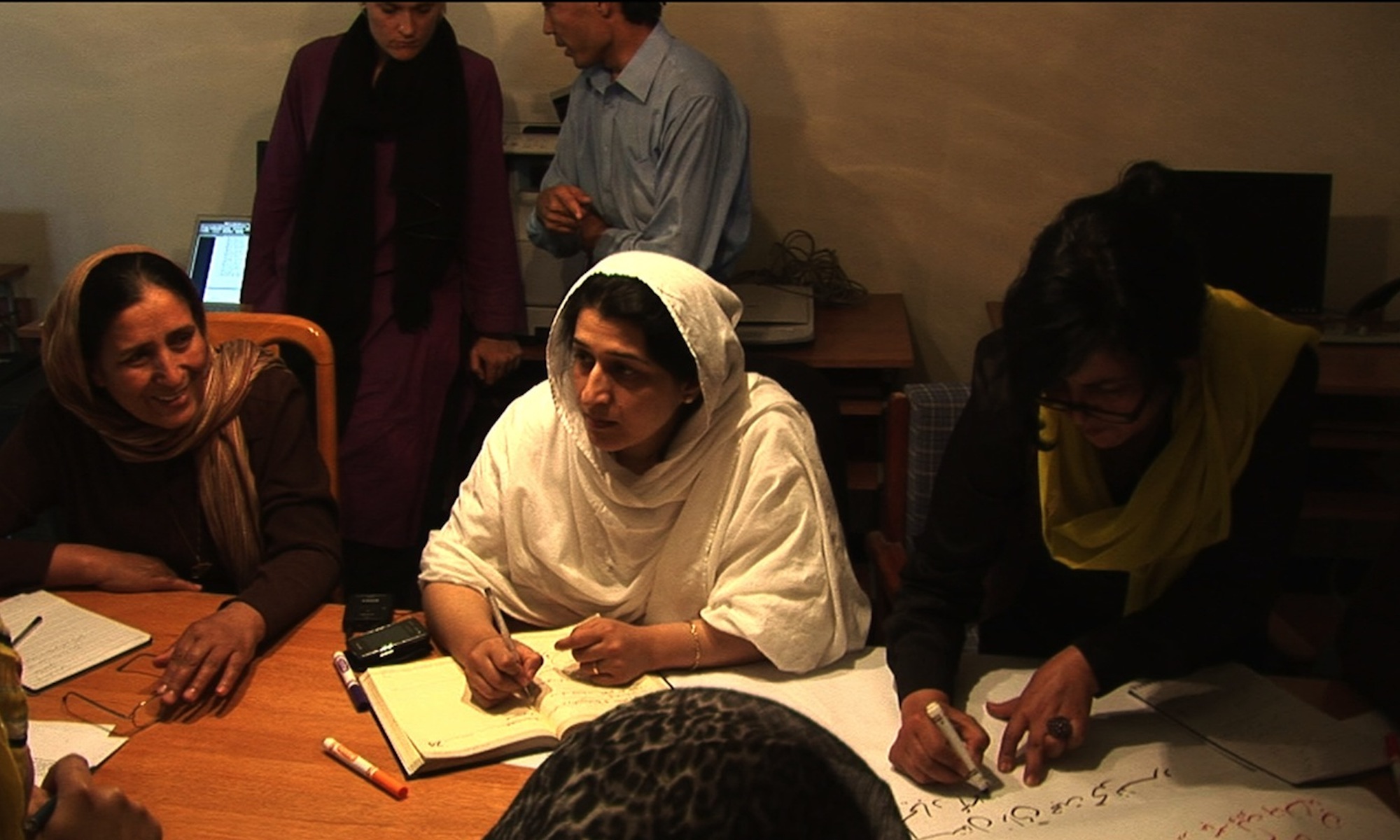This article is a study of the introduction of local financial management (LFM) to South African policing. Four forms of institutional theory are used to interpret and understand this comparative study. The conclusion of this article is that the deliberate attempt to replicate the English experience in South Africa failed because of the different ideologies and value-laden beliefs that underlay the need for change and the different dynamics of power of the interest groups that were represented in the organizational structure. The taken-for-granted organizational processes that supported the implementation of LFM in English police forces impeded implementation in South Africa.
A pluralistic model rather than a single institutional perspective is shown to be beneficial in understanding institutional impacts on organizations. In particular, different perspectives help in an understanding of how culturally derived norms of behaviour can be in tension with formal rules and how the formal structure must be adaptive to the environment and culture within which people cope with uncertainty by relying on established routines.
